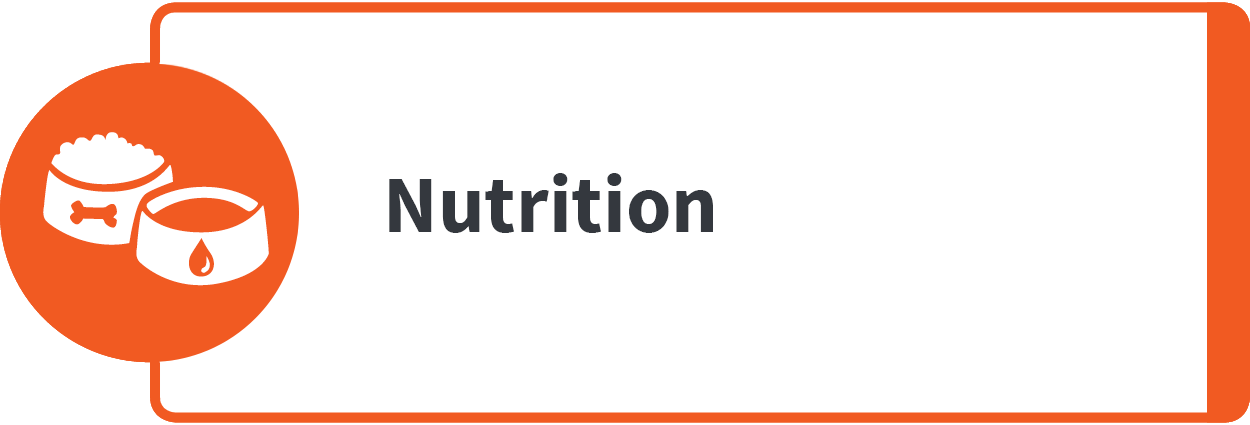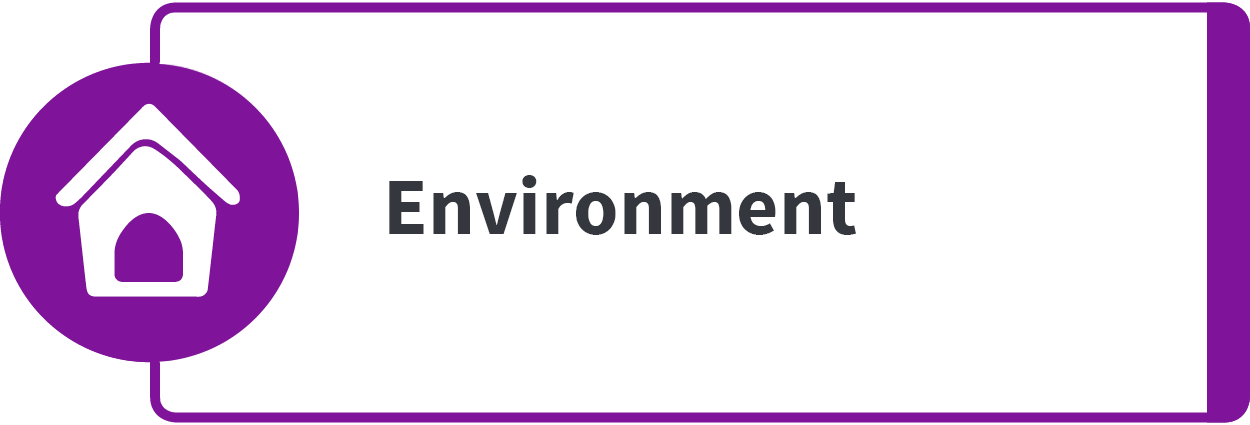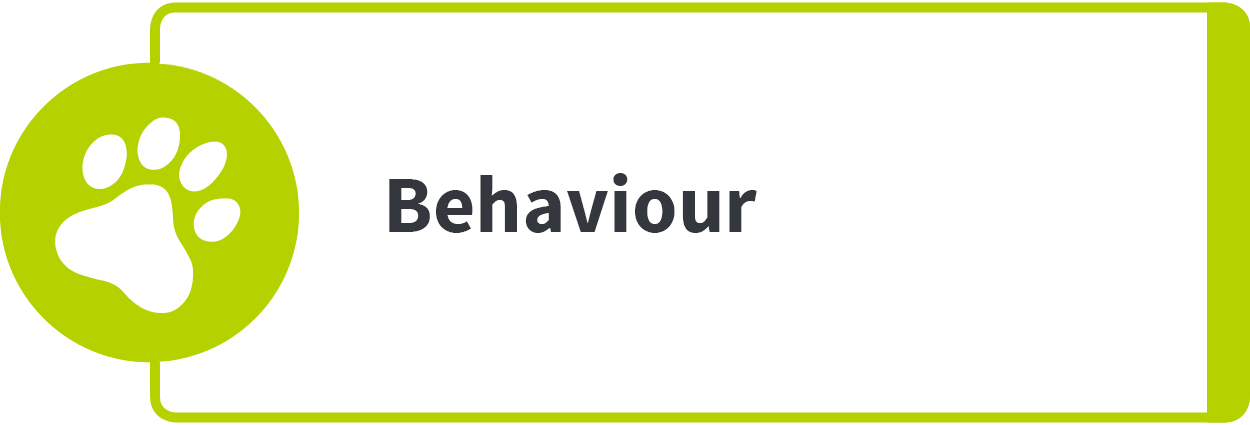Health
All cattle must receive immediate veterinary attention when they are sick or injured. In most cases, unnecessary pain, injury and disease can be prevented through good husbandry, regular visits to a veterinarian and addressing any issues the veterinarian raises.
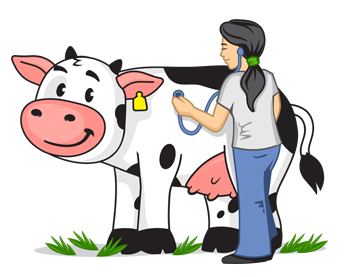
Did you know that there is a special law protecting animals?
This law is called the Animal Welfare Act. The Animal Welfare Act outlines how people must take care of and act towards animals in New Zealand. The Ministry for Primary Industries (MPI), the Police and SPCA work together to make sure people in New Zealand follow these laws.
Under the Animal Welfare Act, all animal guardians (owners) are responsible for making sure the welfare needs of animals in their care are met. Learning about the Five Domains helps us to understand these welfare needs and how we can make sure we provide these. One of the Five Domains is Health. In this section you will learn about this domain and how you can make sure your cattle have the right veterinary care to be healthy.

















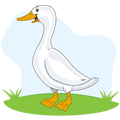
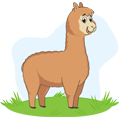
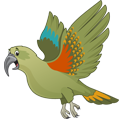

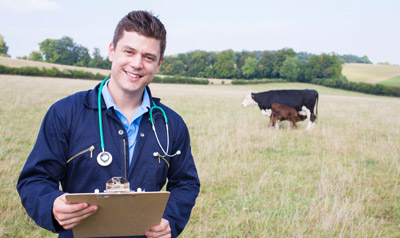 Just like you have a family doctor that you see when you are unwell, your cattle will need their own doctor too - a veterinarian is an animal doctor. It’s a good idea for your family to find out which veterinarian they plan on using before you get your cattle. Not all veterinary clinics specialise in cattle, so it is important you find a veterinarian that is experienced at treating farm animals.
Just like you have a family doctor that you see when you are unwell, your cattle will need their own doctor too - a veterinarian is an animal doctor. It’s a good idea for your family to find out which veterinarian they plan on using before you get your cattle. Not all veterinary clinics specialise in cattle, so it is important you find a veterinarian that is experienced at treating farm animals.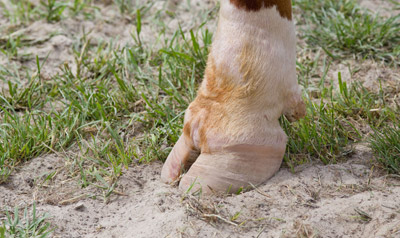 Cattle have four toes which are covered in hard hooves. They need a regular inspection to make sure they are healthy and in good shape. Cattle hooves grow over time, much like your toenails, and can grow overly long. If this occurs, it can cause problems such as difficulty walking and can be painful. If your cow or bull's hooves require trimming, it also requires special tools. It is best to let a veterinarian or hoof care specialist trim their hooves.
Cattle have four toes which are covered in hard hooves. They need a regular inspection to make sure they are healthy and in good shape. Cattle hooves grow over time, much like your toenails, and can grow overly long. If this occurs, it can cause problems such as difficulty walking and can be painful. If your cow or bull's hooves require trimming, it also requires special tools. It is best to let a veterinarian or hoof care specialist trim their hooves.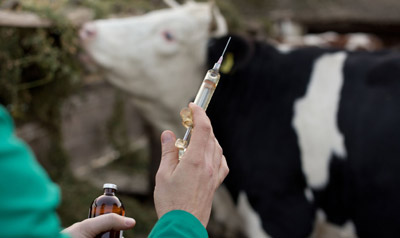 Cattle will need regular preventative treatments - such as drenching - to make sure they do not become sick from either internal or external parasites, or disease. This is the easiest way to make sure your cattle stay healthy.
Cattle will need regular preventative treatments - such as drenching - to make sure they do not become sick from either internal or external parasites, or disease. This is the easiest way to make sure your cattle stay healthy.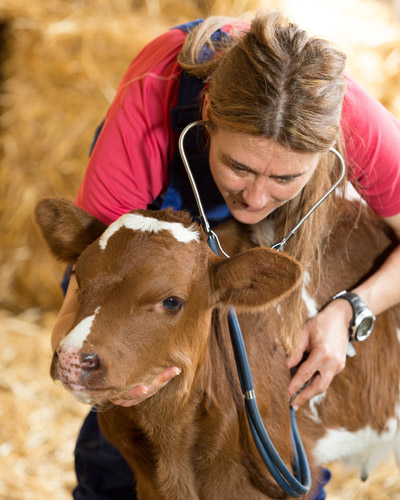 Bloat is a serious condition that affects the stomach of cattle. Bloat can happen when the lush, rich grass fermenting in your cow or bull's stomach produces gas and it then becomes trapped in their stomach.
Bloat is a serious condition that affects the stomach of cattle. Bloat can happen when the lush, rich grass fermenting in your cow or bull's stomach produces gas and it then becomes trapped in their stomach. 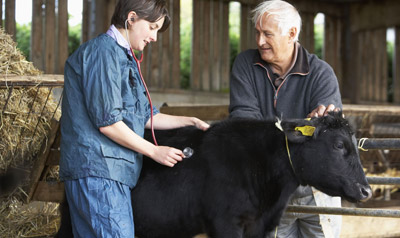 If you suspect your cattle might be sick, their veterinarian should be called right away. Some signs your cow or bull may be feeling ill can include:
If you suspect your cattle might be sick, their veterinarian should be called right away. Some signs your cow or bull may be feeling ill can include:.jpg)
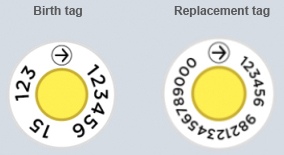 Image
Image 

